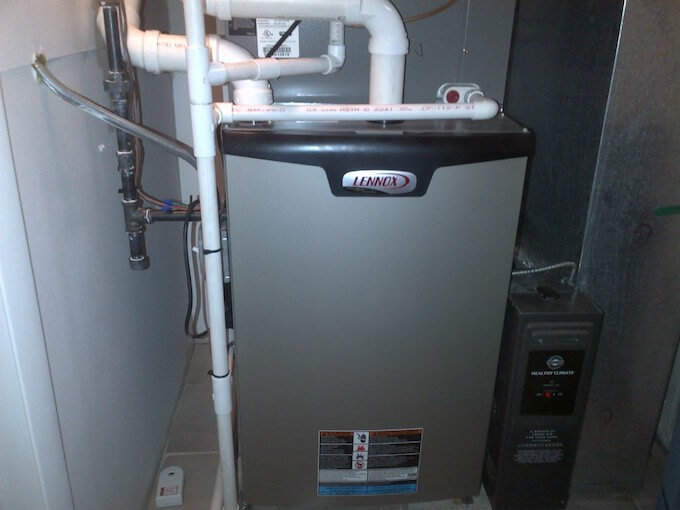The Future of the Gas and Oil Furnace

By: Reggie Hucks | Aug 07, 2019
It’s mid-January and 15 degrees outside. A fresh snow has fallen and covered all the roads and yards in your neighborhood. Thanks to your natural gas furnace, your home is a toasty 70 degrees. This is because a properly installed gas furnace has a large temperature rise that heats your home quickly and works very well on high demand days. Could it be possible that a new gas furnace will be unavailable as a home heating appliance in the coming decades? Not only is it possible, it is probable.
In an effort to lower the country’s carbon footprint, England has plans to phase out the sale of gas and oil furnaces by 2050. Gas cooking appliances too. Other countries will surely follow suit as the push to reduce the use of fossil fuels gain momentum. Furnaces that burn fossil fuels contribute to global warming. We are all aware of the desire to curb CO2 emissions that contribute to this global warming phenomenon, now known as climate change.
If you remove the oil or gas furnaces in single family dwellings and replace it with heat pumps, the reduction in CO2 emissions could be quite substantial. The problem is, heat pumps aren’t so great in colder climates. For example, from North Carolina down to Florida, air to air heat pumps work very well. However, in Pennsylvania and New York, heat pumps must be ground or water source units to reliably deliver the desired indoor comfort. Even then, extra resistance heat is needed on higher demand days.
Some arguments against eliminating fossil fuel heating equipment are; Gas furnaces have a long service life compared to heat pumps. Heat pumps currently have many more moving parts to break or wear out, which certainly impacts our carbon footprint in additional manufacturing. Current reports indicate that a large surplus of fossil fuel stock exist worldwide so why rush to eliminate these appliances. The question particularly remains, if electricity used to power heat pumps is derived from coal or gas fired power plants, are we really reducing our carbon footprint at all? That is for the experts to determine, but a major emphasis in reducing our use of fossil fuels is centered on how we heat our homes.
Not long-ago homes were heated by open fire places. Today most energy efficient homes have eliminated open fireplaces. Throughout the 20th and into the 21st century, growth in science and technology were exponential. Major changes in heating technologies resulted from this growth. We must embrace this new chapter in the evolution of heating systems as we do any of life’s changing technologies.
So, the long-term outlook for new oil and gas furnaces doesn’t look promising. Change is a hard concept for many to accept. President John F Kennedy said “Change is the law of life. And those who look only to the past or present are certain to miss the future.” Reducing our dependence on fossil fuels could be necessary for the good of man and the planet. If ample research determines that eliminating gas, wood or oil heating systems will make the environment healthier, shouldn’t we accept the change?

